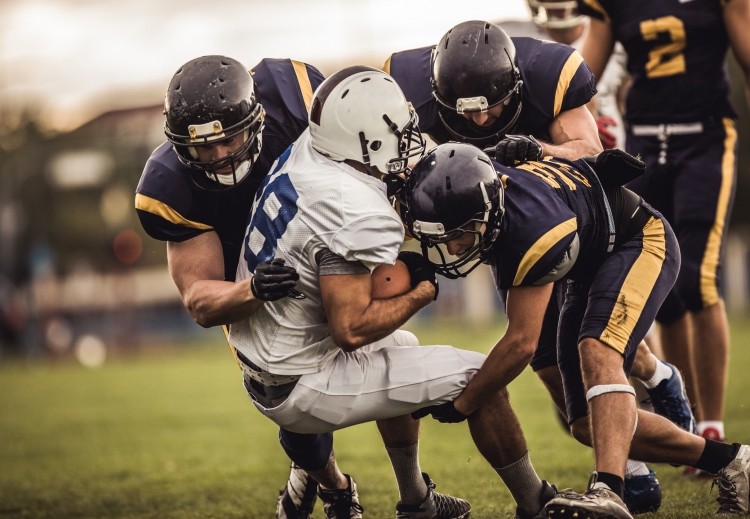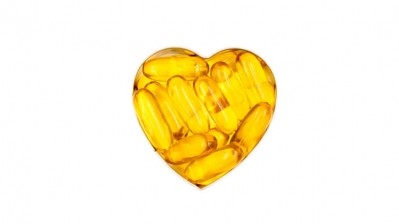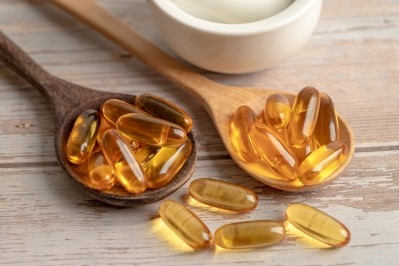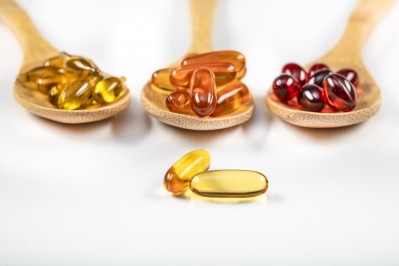Study shows omega-3 dose response in American football players

“n-3 polyunsaturated fatty acids (PUFA) are cardioprotective, and emerging evidence suggests benefits for protection against head injuries,” wrote a team of researchers from the University of Guelph, George Mason University, Texas A&M and Texas Christian University. "Results from this study will help to inform nutritionists working with athletes and teams considering n-3 PUFA supplementation."
The study, published in Medicine & Science in Sports & Exercise, tracked 69 NCAA Division I players over the course of a 27-week season to assess the dose-response relationship of DHA on red blood cell fatty acid composition. DSM Nutritional Products provided the supplements and funding for the study.
Study details
The researchers randomly assigned players to one of four test groups. Participants consumed either a DHA supplement of an algal oil derived from Schizochytrium sp. (2 g/day, 4 g/day and 6 g/day) or a corn oil placebo five to seven days a week.
Blood samples were collected at eight intervals throughout the season to assess the dose response effect over time and the differences between groups using the Omega-3 Index (O3I), a simple measure of the amount of EPA and DHA in the red blood cell membranes.
“Supplementing with DHA in quantities greater than traditionally consumed by the general population, 2 g/d, may be considered in American-style football to rapidly achieve an O3I associated with reduced CVD [cardiovascular disease] in only eight weeks,” the researchers concluded.
Findings showed a significant dose-response incorporation of DHA into red blood cell membranes in all supplement groups, but supplementation in the 6 g group achieved the desired O3I of over 8% in athletes in only eight weeks. The researchers hypothesize that even higher doses may yield even stronger responses and potential health benefits.
“I think what's most significant is that DHA supplementation rapidly (i.e., 2 months) increased the Omega-3 Index in this population of athletes,” said Harry Rice, PhD, VP of regulatory and scientific affairs at the Global Organization for EPA and DHA Omega-3s (GOED), commenting independently on the findings.
Path to recommendations
Dr. Rice noted the growing data substantiating that a combination of EPA/DHA and DHA alone increases the Omega-3 Index and provides neuroprotection in American football players.
“What's left to do now is to convince the collegiate and professional football organizations about the benefits, so they can adopt supplementation recommendations,” he said.
The study calls for further research to test higher doses and evaluate associated health outcomes to determine the recommended dosage for American football players. It also suggests functional studies to assess how changes observed in blood fatty acid content translate to the tissue level and other biological effects.
Dr. Rice added that studies could also explore whether the optimal dose is the same for athletes in all concussion-prone sports.
Medicine & Science in Sports & Exercise
doi: 10.1249/MSS.0000000000003117
“The Dose-Response Effect of Docosahexaenoic Acid on the Omega-3 Index in American Football Athletes”
Authors: Lust, Cody A.C. et al.









